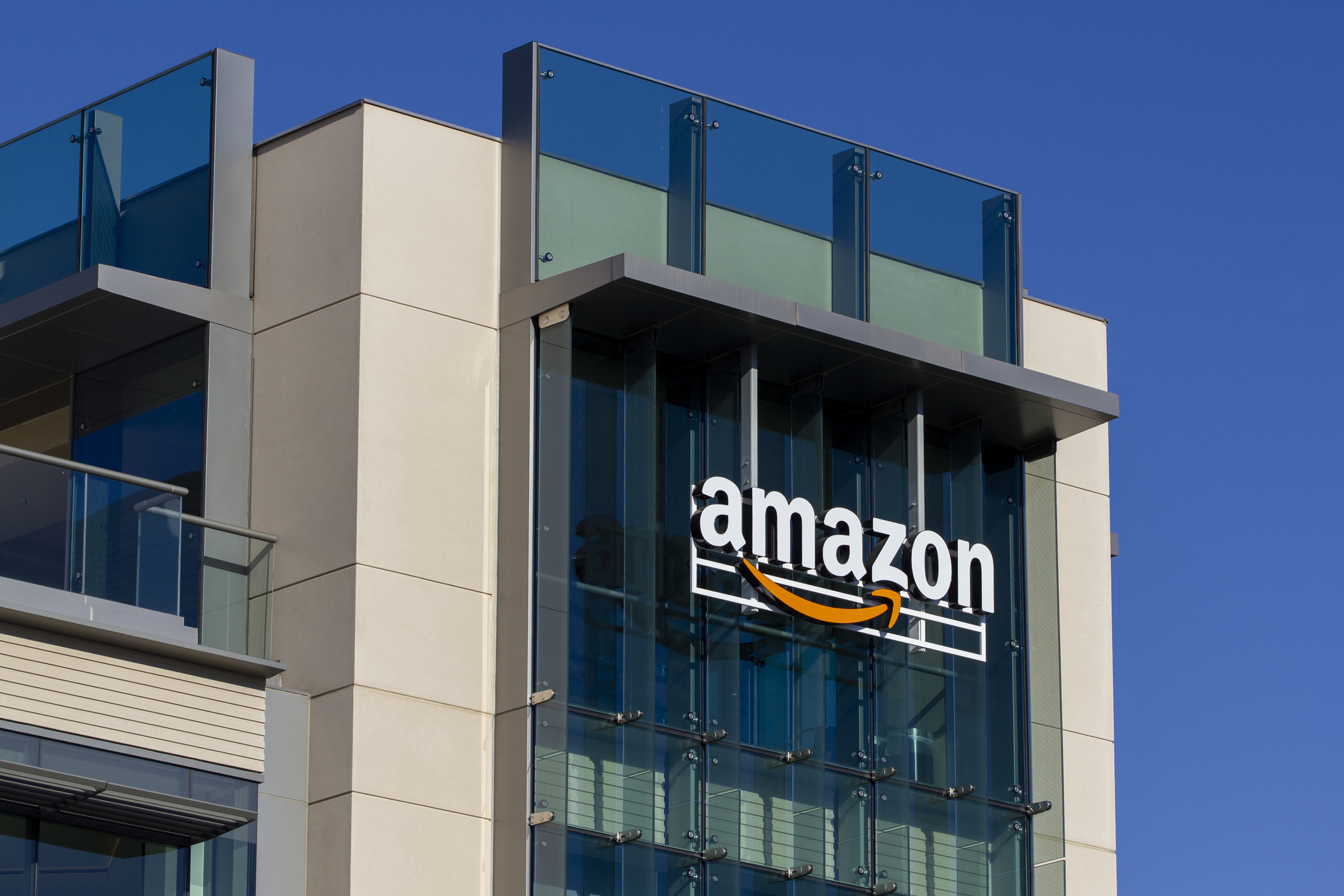
iStock.com/hapabapa
Amazon Joins Companies Alleging US Labor Board Is Unconstitutional
February 19, 2024
Online giant Amazon.com has now joined a long list of companies such as Elon Musk’s SpaceX and American grocery chain Trader Joe’s claiming that a U.S. labor agency’s in-house enforcement proceedings breach the U.S. Constitution. This argument comes in as the retail giant faces a string of cases claiming it got in the way of workers’ rights to organize, according to Reuters.
Last Thursday in a filing made with the National Labor Relations Board (NLRB), Amazon said it will argue that the agency’s distinctive formation goes against the company’s right to a jury trial. Amazon also said that restrictions on the removal of five members of the board and administrative judges, who are appointed by the president, fail to comply with the Constitution.
This filing has come about as Amazon awaits the outcome of a case, which claimed that in 2022 the company illegally went against staff at a Warehouse in Staten Island, New York where workers voted to unionize.
The online giant has battled with over 250 NLRB complaints over the years accusing it of unlawful labor practices across the country. However, the company does not accept that it has done anything wrong.
Last month, SpaceX also filed a claim against the board, just a day after the labor board accused it of firing eight engineers for writing and sending a negative letter about CEO Elon Musk to the company’s executives.
In a hearing in an NLRB case toward the end of January, Trader Joe’s argued a similar case, and a further two Starbucks baristas who are also looking to dissolve their unions have challenged the board’s structure in other lawsuits.
Seth Goldstein, a partner at law firm Julien Mirer Singla and Goldstein in New York, said, “I’m very concerned that this is going to cause real problems in collective bargaining for both new and established unions.” Representing unions in the Amazon and Trader Joe’s cases, he highlighted that the rise in challenges pointing to the labor board increases the chance of the issue going to the U.S. Supreme Court.
Goldstein highlighted the conservative majority’s doubt regarding the internal proceedings of various U.S. agencies and underscored the potential consequences. He pointed out that the ongoing cases could set a precedent for other employers to eschew bargaining with unions, foreseeing a scenario where courts might weaken the NLRB’s ability to uphold its rulings.
Recent News
Walgreens Settlement: What You Need to Know
Walgreens recently settled a class action lawsuit, potentially putting cash in the pockets of Americans who faced job denials due to background checks. The settlement, a result of alleged Fair Credit Reporting Act violations, offers up to $918.28 to affected individuals. While Walgreens didn’t admit fault, it agreed to pay an undisclosed sum.
California Electric Bill Overhaul: What’s Ahead
California’s electricity payment system is getting a makeover. Recently, state regulators greenlit a shift to flat-rate billing, aiming to curb surging energy costs. Under this new scheme, most customers of investor-owned utility companies will face a fixed monthly charge of $24.15, trimming the per-kilowatt-hour usage fee by five to seven cents.
AI Has Mastered the Art of Deception
AI, celebrated for its productivity-boosting capabilities, harbors a deceptive side as revealed by recent research. This unsettling finding underscores the need for heightened awareness and regulatory measures to address the risks posed by AI’s ability to induce false beliefs.
Chinese EVs Navigate Global Markets Amid Rising Trade Tensions
China’s electric vehicle (EV) sector is making strategic moves into offshore markets for increased funding, exemplified by the recent success of Zeekr, a premium EV brand under Geely, which saw its shares surge 34% in the largest US IPO by a Chinese company since 2021.

